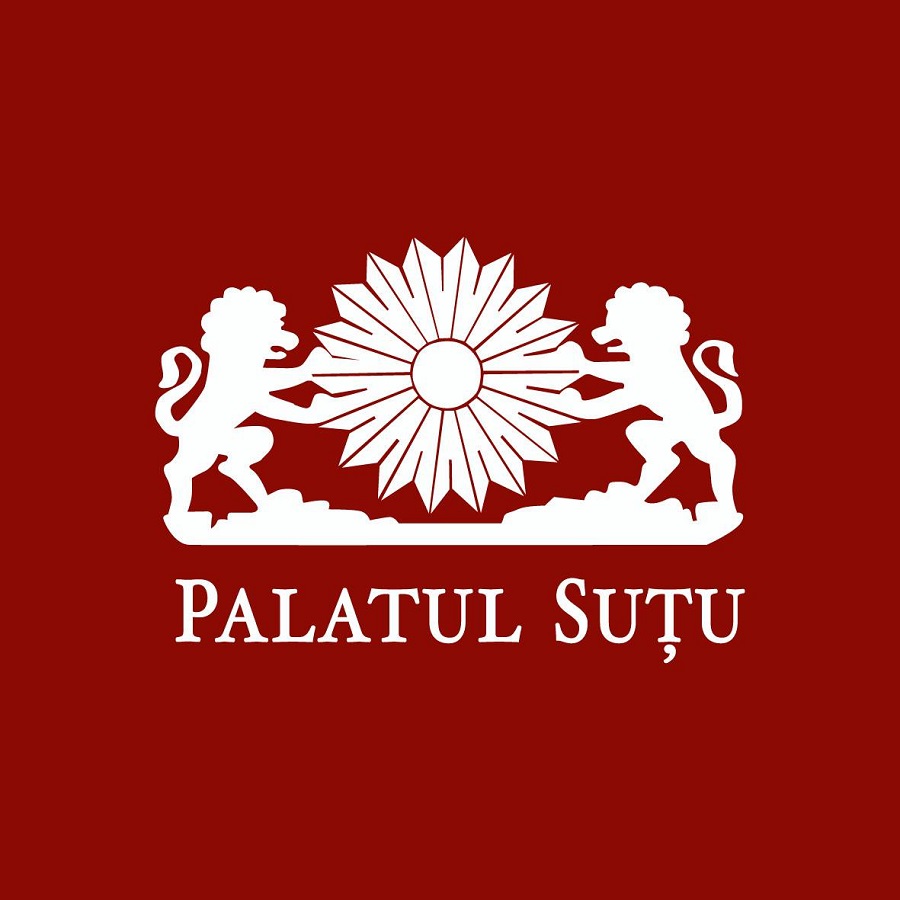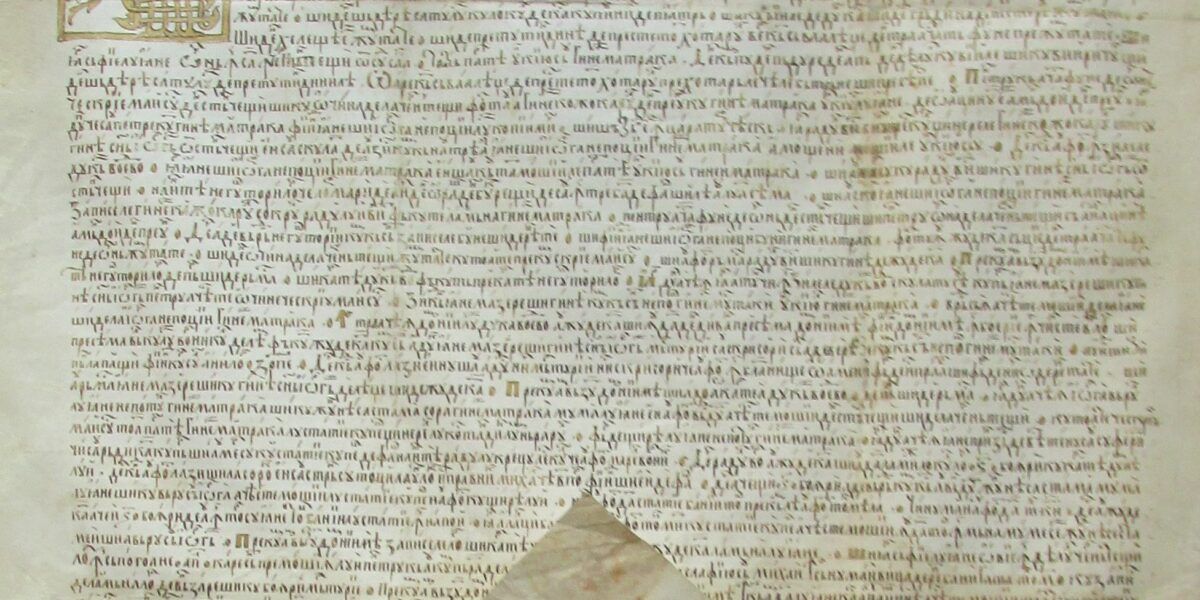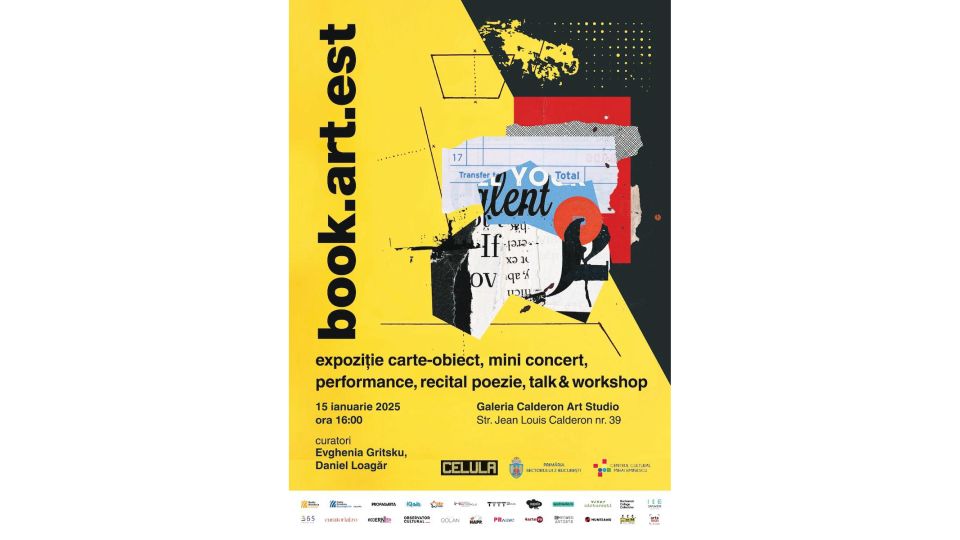Writer Amos Oz in Romania
“One of the things I firmly believe in is the consideration you show to the other, to the whole world. Look and listen! Life is short enough, and if you dont look and you dont listen, you miss the whole show! This statement belongs to Israeli writer Am

Eugen Cojocariu, 29.04.2012, 17:29
“One of the things I firmly believe in is the consideration you show to the other, to the whole world. Look and listen! Life is short enough, and if you don’t look and you don’t listen, you miss the whole show!” This statement belongs to Israeli writer Amos Oz, considered by many a Nobel Prize favorite. He recently visited Romania in late February, at the invitation of Humanitas Publishers.
The conflict-torn history of Israel is being captured in most of Amos Oz’s writings. Actually, Oz firmly believed his urge to write and his passion for literature lay in the traumas he had been through, in his mother’s committing suicide, the Nazi Holocaust in 1940s Europe and the conflicts in Israel.
“We were afraid that once the British army withdrew from Jerusalem, the Arabs would come and slaughter us Jews. That’s why when I was a kid I wanted to be a big book when I grew up, and not a man. I may have been green at that time, yet I knew all too well how easy it was to kill people. I also knew how easy it was to tear books apart. But I thought that, if I got to be a book, a copy of myself would survive, no matter what the others’ fate may be” said Amos Oz in one of the talks he gave in Bucharest.
Amos is also one of the most active militants in the “Peace Now” movement, a movement that, for more than forty years now, has been pleading for the two-state solution on the ancient territory of Palestine. Actually, the writer labeled himself as “a specialist in comparative fanaticism”.
In his essays, Oz urged political or religious fanatics to read the great writers: Chekhov, Shakespeare, Faulkner. “We are confronted with all sorts of fanaticisms, and not only with religious fanaticism. In some parts of the world, religion is the main form of fanaticism. In other parts of the world, we witness another form of fanaticism. We can see secular, ideological, political, and sometimes even ecological fanaticism. We’re confronted with all forms of fanaticism. Europe could contribute crucially to peace in the Middle East, providing help and sympathy for Jews and Arabs alike. We should not choose between being pro-Israel or pro-Palestine. We should just be pro-peace.”
Some of his readers advised Oz to stop doing politics and write as much as he could. Others told him to stop writing altogether and get involved in politics one hundred per cent, yet Amoz Oz divides his time between politics and writing, and, just as the writer himself confessed, he never mixes writing with politics. He wakes up at five in the morning, takes a quick stroll in the desert, has a cup of coffee, gets himself seated at his desk and asks himself ‘What would I be if I were her?’, ‘What would I be if I were him?’. ”That’s my job. I imagine other people. That comes out of curiosity. I even believe that a curious man is a better lover than a man who is not. Curiosity is, I think, a powerful antidote against fanaticism”, said the author in jest.
This was Amoz Oz’s third visit to Romania, this time at the invitation of the Humanitas Publishers. On the writer’s first visit to Romania in 2004, Oz was granted the “Ovidius” Prize, awarded as part of the “Days and Nights of Literature” International Festival held in Neptune, a resort on the Romanian Black Sea coast. On that occasion, Amoz Oz was awarded by the University of Bucharest an honorary doctoral degree. Another eagerly-awaited event this year was the launch of the “Amos Oz” author series as part of the Humanitas Fiction collection, including ‘A Perfect Peace’, ‘Black Box’, ’How to Cure a Fanatic’, ‘Rhyming Life and Death’, ‘A Tale of Love and Darkness’, ‘Scenes from Village Life’.






























